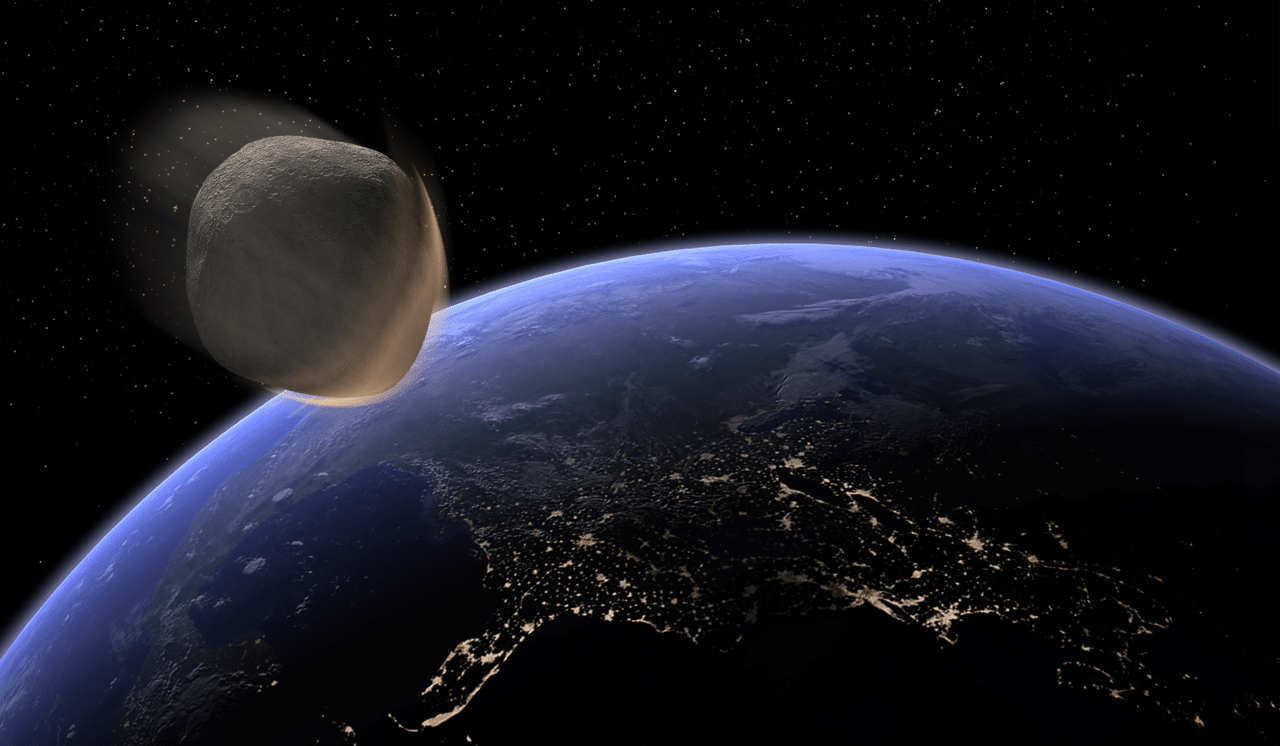

A new study by the University of Oxford challenges the long-held belief that asteroids brought water to Earth. Instead, researchers suggest water was present in the materials that built the planet.
For decades, scientists believed that life on Earth began after icy space rocks bombarded the surface, bringing essential elements such as hydrogen. It was thought these elements reacted with oxygen on Earth to form water. However, recent evidence from Oxford researchers suggests a different origin story—one that starts much earlier.
The team used powerful X-ray technology to examine ancient meteorites dating back 4.5 billion years, when Earth began forming. These rocks, known as enstatite chondrites, are chemically similar to Earth’s early building blocks. A specimen found in Antarctica provided the key sample for the study.
These meteorites are leftovers from the early Solar System and give us a rare glimpse of the material that formed our planet. Understanding them helps us answer a fundamental question: “How Earth came to look like it does today,” said Dr. James Bryson, associate professor in the Department of Earth Sciences.
Scientists detected hydrogen sulphide inside the meteorite, an important compound in forming water. Crucially, this hydrogen was not found on the outer, weathered layers of the rock but buried deep within. That suggests the hydrogen was part of the asteroid’s original makeup, not the result of contamination after entering Earth’s atmosphere.
A previous study by a French team had found hydrogen in similar meteorites but couldn’t determine if the substance had been absorbed after landing. The new findings clarify that the hydrogen likely existed before the asteroid fell to Earth.
“We were incredibly excited when the analysis told us the sample contained hydrogen sulphide—just not where we expected.
“Because the likelihood of this hydrogen sulphide originating from terrestrial contamination is very low, this research provides vital evidence to support the theory that water on Earth is native—that it is a natural outcome of what our planet is made of,” said Tom Barrett, the study’s lead author and a doctoral researcher at Oxford.
The study also aligns with theories that hydrogen dissolved into Earth’s early magma oceans, reacting with oxygen-bearing minerals to form water. This process would have happened during the planet’s formation, well before it was large enough to attract asteroids.
In 2022, a meteorite that landed in Gloucestershire made headlines for containing water similar to Earth’s. At the time, it was seen as strong evidence that space rocks brought water here. The Oxford team’s new research suggests Earth already had enough hydrogen to generate its own water without outside help.
